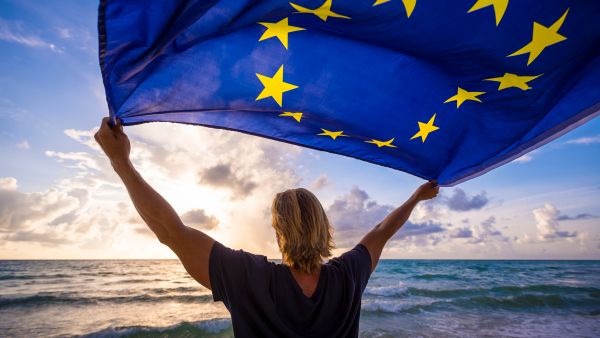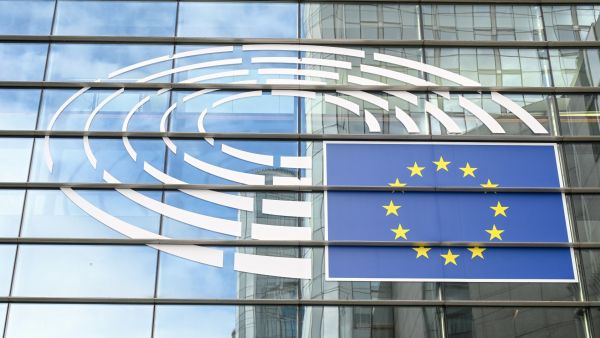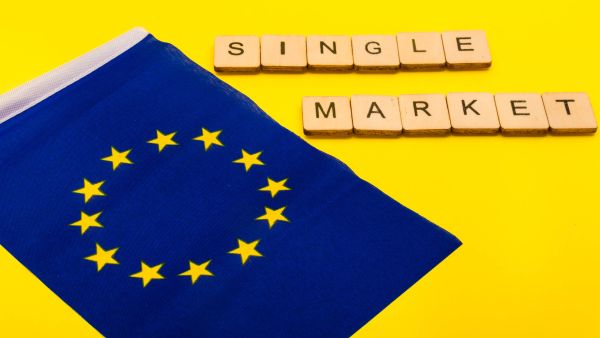The European Parliament today approved a report calling for the sustainable use of palm oil, which is extensively used in food, cosmetics and biofuels. Over the past 20 years, unsustainable palm oil cultivation has not only led to massive deforestation of some of the world’s most precious ecosystems, exacerbated climate change and lead to the loss of nature habitats pushing many endangered species, like Orangutans, to the brink of extinction, but also exploited plantation workers, including children.
The Socialists and Democrats have been working to ensure that the EU strengthens environmental measures to prevent palm oil related deforestation by only accepting palm oil from sustainable sourcing, and phasing out the use of vegetable oils that drive deforestation for the use of biofuels, preferably by 2020. Products should be certified according to a single mandatory scheme to replace the many existing and confusing labels, to ensure the sustainable and also socially responsible origin of their palm oil.
Paul Brannen, MEP and S&D spokesperson on palm oil, said:
“Today's vote is a strong message that the EU, as the world's third largest consumer of palm oil, must take responsibility for the way palm oil is produced. A significant proportion of illegal palm oil ends up being sold within the EU. We cannot turn a blind eye to the pressure our palm oil demand has on the wellbeing of local populations and ecosystems. Deforestation threatens to exacerbate climate change to the detriment of both humans and animals.
“We call on the European Commission to ensure that in future only sustainable palm oil is sold in the European Union and for all palm oil products to be labelled as such; this will enable consumers to make informed choices.”
Miriam Dalli, MEP and spokesperson for the S&D Group on the environment, added:
“In the past twenty years, the palm oil industry has had a devastating effect on the environment: deforestation, habitat degradation and climate change and clearing out forests for palm oil and timber plantations. The business of robbing from indigenous people, invading their land and stealing their resources is unacceptable. The palm oil industry cannot continue with business as usual.
“It is our responsibility to support the sustainable production of palm oil and provide EU consumers with clear labelling so they can make an informed choice. Our Group pushed for one single mandatory certification system as the many existing ones are confusing for consumers. If we are serious about tackling deforestation and saving endangered species, then we can only accept palm oil from sustainable sourcing on the European market. Forest protection must become a new way of doing business, to encourage environmentally sustainable and socially responsible practices.”
Powiązane treści
Dowiedz się więcej








